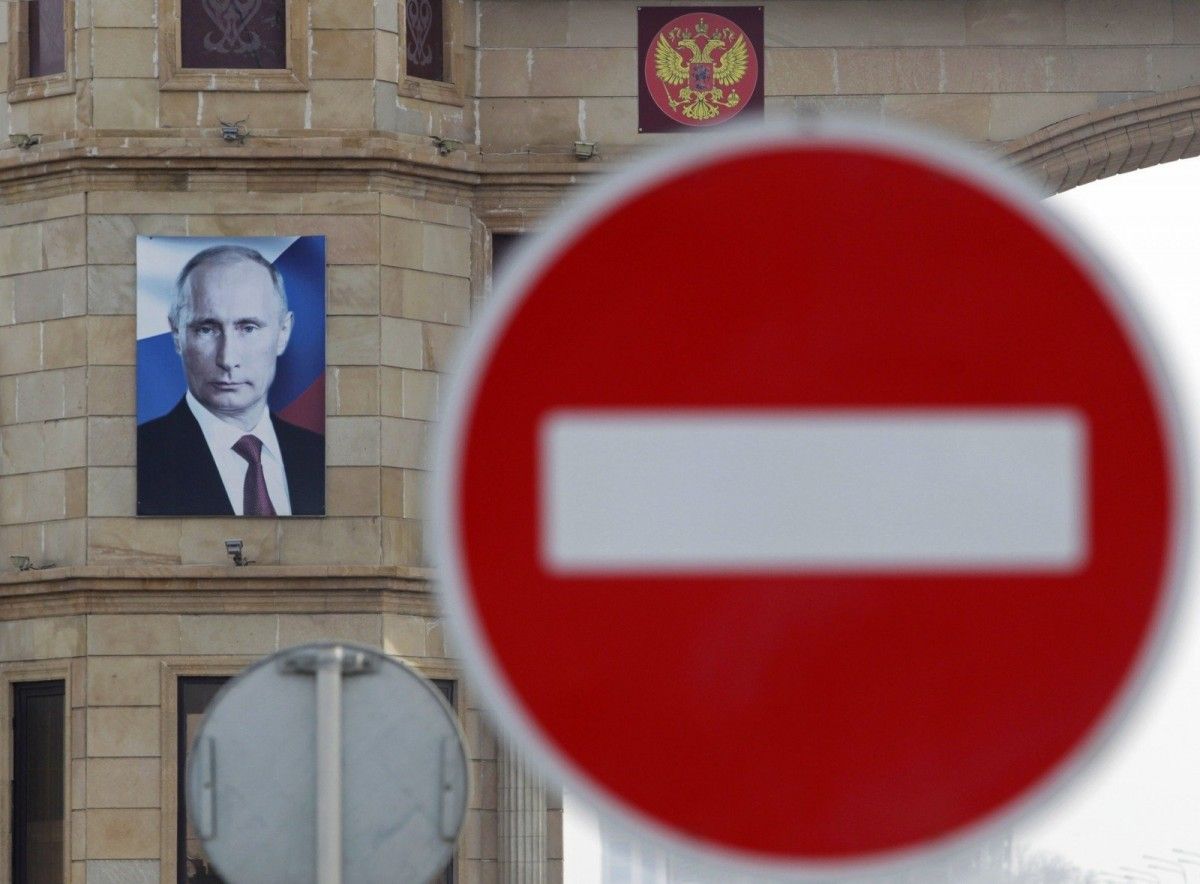
Heads of state and government of the European Union member states have decided to extend the economic sanctions related to the banking, financial and energy sectors of Russia for another six months.
"I welcome today's political decision of EU leaders to extend economic sanctions against Russia for 6 more months. Since 2014, EU sanctions policy has helped deter Russian aggression against Ukraine," Ukraine's Minister of Foreign Affairs Dmytro Kuleba said on Twitter on June 19.
"[The] sanctions send a clear signal: Russia needs to fully implement [the] Minsk agreements," he said.
Read alsoEU Council extends Crimea sanctions for another year – MFA Kuleba
On June 19, twenty-seven leaders of EU member states and the EU leadership had a video conference.
According to an UNIAN correspondent, President of the European Council Charles Michel said during an online briefing after the video conference that before the decision on the extension of the sectoral sanctions was taken, German Chancellor Angela Merkel had presented a report on the status of the implementation of the Minsk agreements. "We had the opportunity to listen to the report by Angela Merkel on the implementation of the Minsk agreements, and this means that now the Council has decided to proceed with the extension of the sanctions," Michel said.
As UNIAN reported earlier, the EU in July and September 2014 imposed economic sanctions targeting exchanges with Russia in specific economic sectors.
In March 2015, EU leaders decided to align the existing sanctions regime to the complete implementation of the Minsk agreements, foreseen for the end of December 2015. Since this did not happen, the Council extended economic sanctions until July 31, 2016.
The economic sanctions have been extended for six months successively since July 1, 2016.
The extension was decided each time following an assessment of the Minsk agreements implementation. The economic sanctions were then extended until July 31, 2020.
These restrictive measures limit access to EU primary and secondary capital markets for certain Russian banks and companies; impose an export and import ban on trade in arms; establish an export ban for dual-use goods for military use or military end users in Russia; curtail Russian access to certain sensitive technologies and services that can be used for oil production and exploration.

